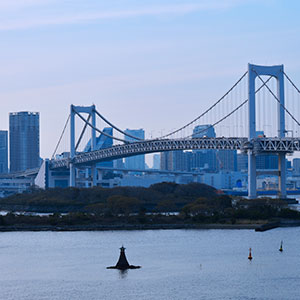Half-year update: hiring trends, salaries, skills and outlook
The dramatic changes in hiring seen since January in the area of logistics and procurement accurately reflect the lively movement in market prices. While many businesses are still understandably cautious, there is a growing optimism in supply-chain businesses, as they seek to better position themselves for the expected period of expansion with selective hiring. That said, salaries have not grown to levels seen in previous years.
Hiring trends
In the first six months of 2010, we have observed a slow and steady increase in recruitment across the whole supply-chain area. This is indicative of a general market recovery on the heels of the budgetary restraints during the economic downturn of 2008-09. Now, despite the continued volatility of supply and demand due to consumers’ lack of brand loyalty and cost consciousness, we see firms trying to source strong talent to optimise their logistics and planning processes, to ensure that goods reach their customers in a timely fashion and businesses capture greater profits during this period of growth.
Salaries
Since higher demand means higher costs, businesses have had to find creative ways around the issue of acquiring scarce talent with their even scarcer resources. This year, firms have been offering relatively conservative average salary increases of around 5-10%, compared to as much as 15-20% in previous years. However, in order to attract high-calibre candidates, many firms have guaranteed the payment of first year, on-target bonuses, a strategy applied to make candidates feel secure with their compensation packages, and show that firms have confidence in their performance.
Skills in Demand
With many businesses beginning to shift from recovery to growth, professionals with the skills to facilitate this transition have been pushed to the forefront. Most recently, there has been a spike in demand for key supply-chain positions, such as demand planning. Clients have been looking to find number-focused individuals, preferably MBA-qualified, to improve their forecast accuracy and avoid over-stocking. There have also been requests for supply-chain candidates with project management experience in process optimisation, as well as for individuals able to reduce costs and streamline processes.
Outlook
Looking to the second half of 2010, we forecast continued demand for qualified supply-chain professionals, because many firms that plan to expand in Japan will have to further integrate their supply chains to do so. Thus, as the Japanese economy improves, the need to procure qualified staff from a scarce market can only increase.






